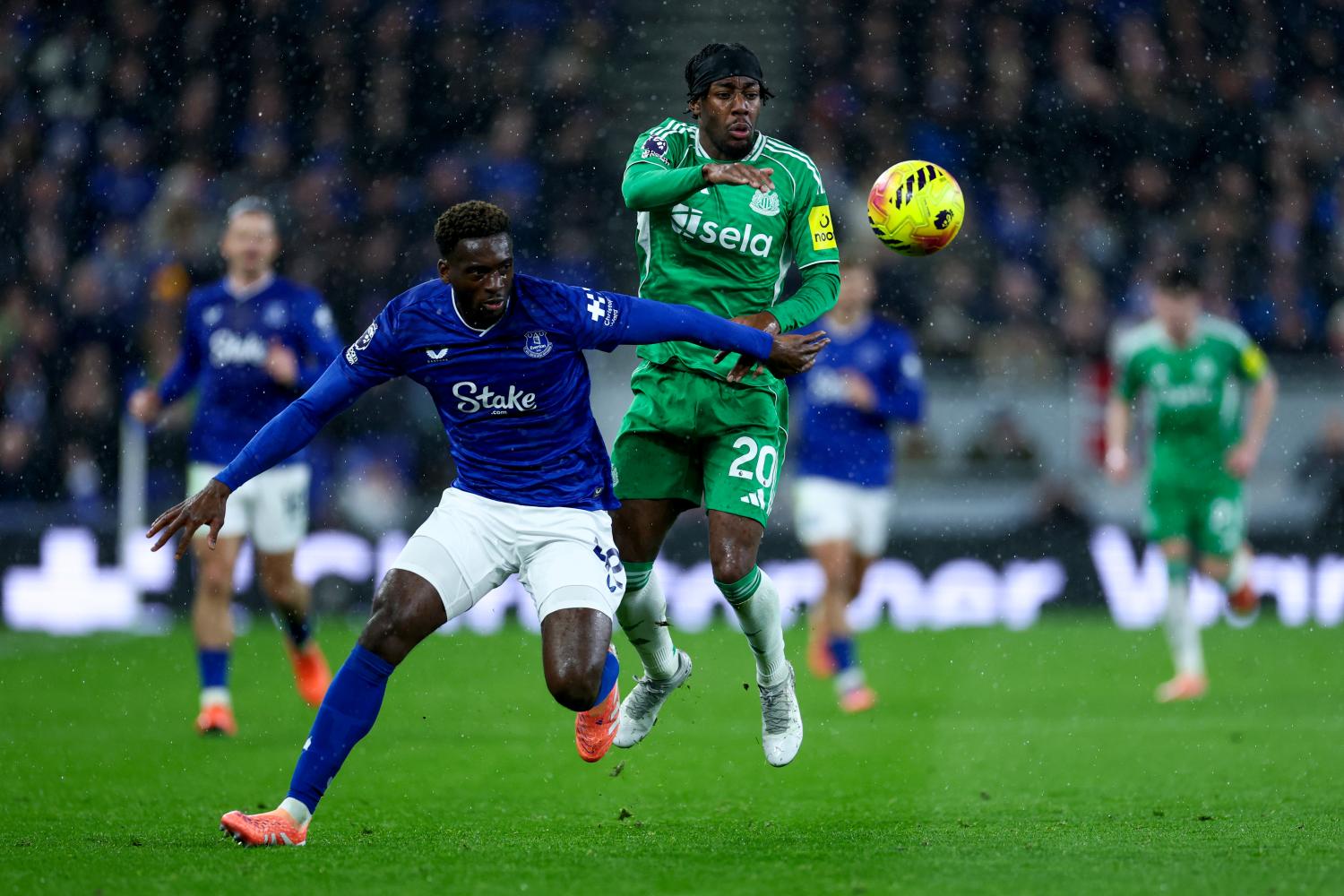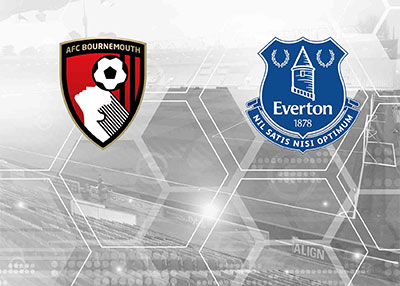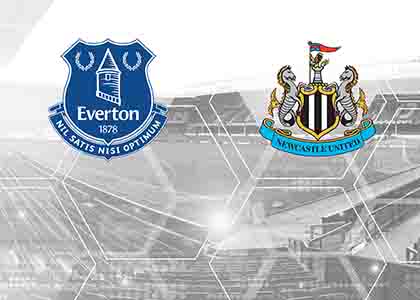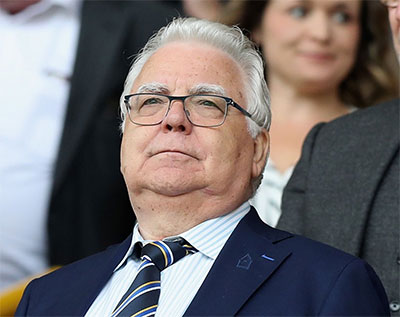The Club that Dare Not Speak its Name
Patrick Hart reacts to the
common ignorance
the media repeatedly demonstrates concerning
Everton's history and record of achievement
|
Being an Evertonian can be a frustrating business, and never more so than in the past couple of weeks. It has nothing do with Liverpool's defeat of Manchester United and all the talk of English football's power base moving down the East Lancs Road to Anfield. Rather, it has everything to do with the club's treatment in the national press. First, Football Focus gave Auntie Beeb the look of a wicked stepmother � in royal blue eyes anyway � with the following glaring omission: Only three clubs, we were told, had won the League title more often than Aston Villa: Liverpool, Manchester United and Arsenal. Evertonians knew better, of course; the championship flag had flown above Goodison nine times to Villa Park's seven. Hence an apologetic e.mail from the show's researcher thanking us for pointing out the mistake, while insisting this had not been a Stalinist attempt to rewrite the history books. Then came the Sunday Telegraph, with Colin Malam writing: "Wolverhampton Wanderers, Leeds United, Arsenal, Tottenham Hotspur and Nottingham Forest may beg to differ, but there have been only two true empires in English football since the war." There was a perfunctory nod towards Everton later in the article, but Mr Malam (obviously a Liverpudlian by inclination as well as birth) gave the same short shrift to Ipswich and Southampton. No disrespect to those two clubs, but surely four titles since the end of hostilities - not to mention three FA Cups and a European Cup Winners Cup - merit a place in English football's post-war pantheon. That haul is better than anything Wolves (3 championships), Leeds (3), Tottenham (2) and Nottingham Forest (2) could muster. And it could have been so much more, only Everton's efforts at empire-building were thwarted by the two World Wars: the club were English champions at the outbreak of both conflicts, with the team of 1939 including youngsters like Joe Mercer and Tommy Lawton. The sense of frustration did not end there. In 1985, Everton were voted the best team in Europe by France Football magazine - the only other English club to achieve this honour were treble-winners Manchester United 14 years later. However, Howard Kendall's men were denied the chance to add to victories in the League championship and European Cup Winners Cup that season. Heysel saw to that. This is not a one-eyed rant. But when you read about the glory, glory tradition of a Tottenham Hotspur, you wonder why the Fleet Street fiction factory cannot make more of a success story like Everton. |









